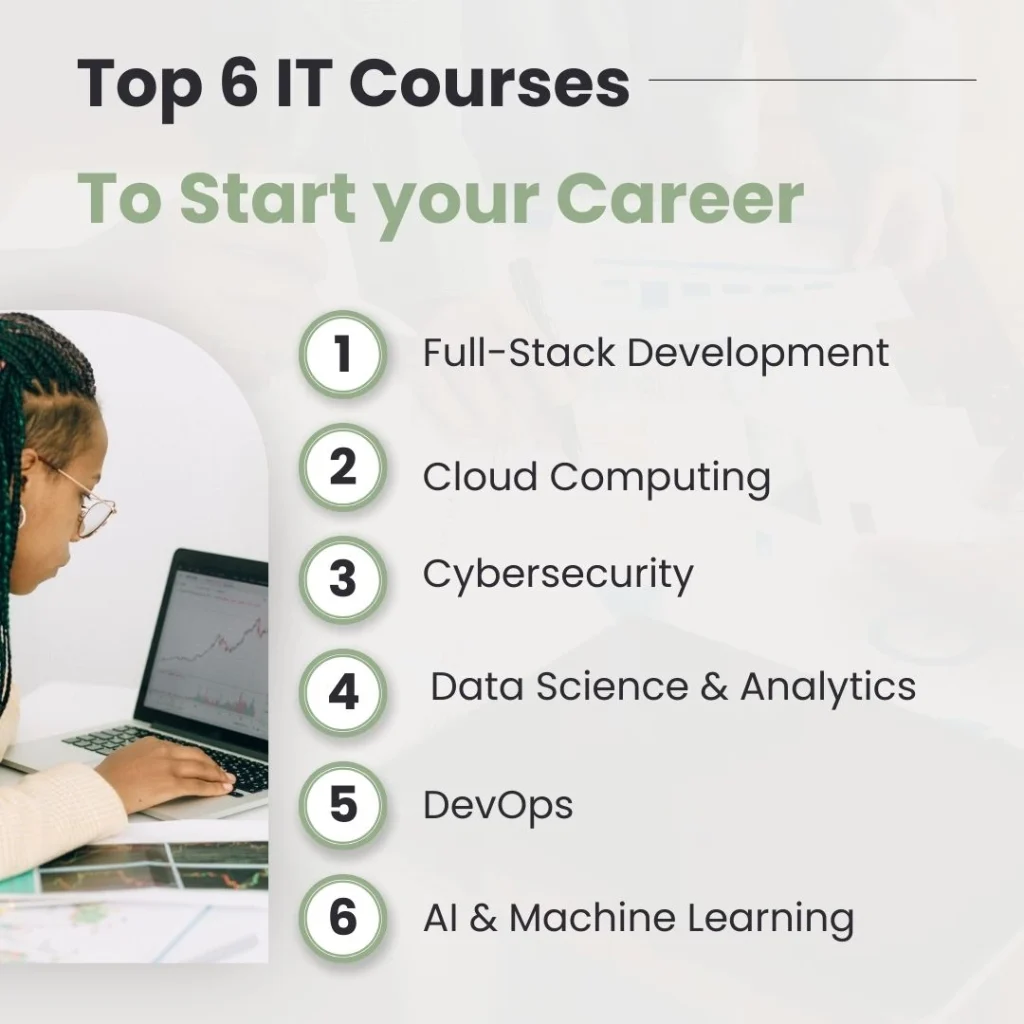

Completed a course? But Still you won't get a job!
Many students assume that earning a degree or certification is the golden ticket to get a job with high Salary. However, the reality is quite different. You may have completed your course with high hopes, only to face the frustration of endless job searches and rejections.
So, why does this happen? Is the job market too competitive, or is there something missing from your approach? In this blog, we’ll uncover the key reasons why a course alone isn’t enough—and, more importantly, what you can do to boost your chances of getting a job.
Why Completing a Course Alone Isn’t Enough
- Lack of Practical Experience
Most courses teach theory, but they don’t always give you real-world experience. Employers want people who can do the job, not just talk about it. For example, knowing how a software works in theory is different from using it in a real company. To fix this, choose courses that include practical exercises, case studies, or simulations. - Limited Industry-Relevant Skills
Technology and industry trends change fast, but many courses don’t update their content regularly. This means you might learn things that are no longer useful in the job market. To stay relevant, keep learning new skills, follow industry news, and take extra training if needed. - Poor Interview Skills
Even if you know your subject well, you need to explain it clearly in an interview. Many people miss job opportunities because they lack confidence, struggle with communication, or don’t prepare properly. To improve, practice answering common interview questions, work on your speaking skills, and do mock interviews. - Weak Networking
Many jobs are filled through networking rather than job postings. If you don’t connect with professionals in your field, you might miss out on job opportunities. Join LinkedIn, attend industry events, and talk to people who work in your desired field. A good connection might lead you to your next job. - No Internship or Portfolio
Employers prefer candidates with some work experience. If you don’t have a full-time job yet, consider internships or freelance projects. These help you gain real-world skills and make your resume stronger. Even small projects can make a big difference.
How to improve job chances?
- Choose the Right Institution
Not all institutions provide quality education. Before enrolling in a course, research the institute carefully:- Make sure they offer practical training and industry-relevant skills.
- Look for institutions that provide hands-on projects, industry exposure, and job placement support.
- Check student reviews, faculty expertise, and alumni success stories before making a decision.
- Select an In-Demand Course
- Identify courses aligned with current job market trends.
- Consider fields with high growth potential, such as data analytics, Artificial intelligence, Machine learning, cloud computing, cybersecurity, digital marketing, and SAP Course.
- Avoid courses that are outdated or have limited career opportunities.
- Gain Practical Experience
- Work on real projects, even if they are unpaid.
- Participate in internships or apprenticeships.
- Contribute to open-source projects or build your own portfolio.
- Take part in industry hackathons, coding challenges, or business case competitions.
KEY TAKEAWAYS
Tips to Stay Ahead in the job Market
- Get hands-on experience with projects, internships, or freelancing.
- Learn the right skills that companies are looking for.
- Make your resume clear and practice for interviews.
- Create a portfolio to show your work.
- Customize your resume and cover letter for each job application.
- Keep learning and stay updated with industry trends.
Completing a course is just the beginning of your career journey. To secure a job, you need more than just a certificate: you need practical experience, industry-relevant skills, and strong networking. Employers look for candidates who can apply their knowledge in real-world situations, communicate effectively, and adapt to industry demands.
If you’re struggling to find a job, focus on gaining hands-on experience through internships, freelancing, or personal projects. Keep learning, improving your skills, and building connections in your field. With the right approach and continuous effort, you can turn your knowledge into a successful career.
Share:
Most Popular


Completed a course? But Still you won’t get a job!

What Is Full Stack Development? | A Complete Guide 2025

How to Transition from a Non-Technical Role to a Technical IT Career

Categories
Related Posts

Design career- Designers types, Role and Salary
Design career- Designers types, Role and Salary The design field has become an exciting and popular career choice, combining creativity, innovation, and practicality. Designers shape

Best IT Jobs without Coding in 2025
Best IT Jobs without Coding in 2025 When people think about IT jobs, they usually imagine coding as a must-have skill. But what if you’re

Top 10 In- Demand Tech Jobs in 2025
Top 10 In- Demand Tech Jobs in 2025 Technology is growing faster than ever, and so is the need for skilled professionals in the field.

Which course is best for a non-IT background?
Which course is best for a non-IT background? If you have a non-IT background and are thinking about changing your career, you might be unsure